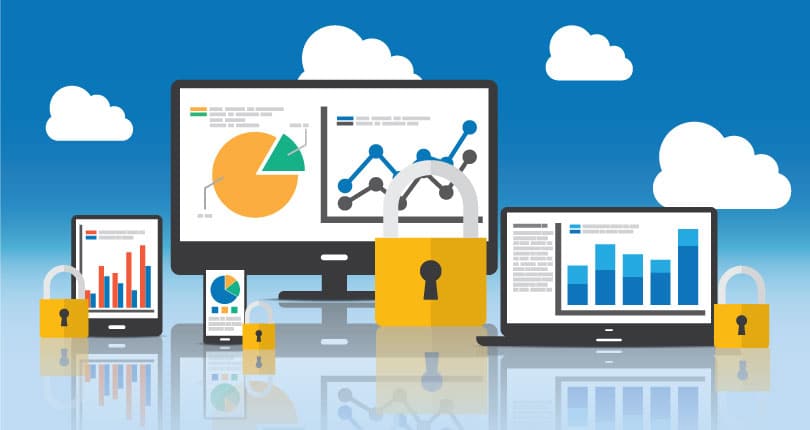Privacy concerns with big data

In today's digital age, the vast accumulation and analysis of data raises significant questions around the subject of privacy. This blog post delves into the heart of concerns related to the handling of extensive datasets by major corporations and institutions, highlighting the crucial balance between technological advancements and individual rights.
As we navigate through the complexities of this issue, we aim to shed light on the implications of data collection practices and the essential measures needed to protect sensitive information in an era where data is considered the new gold.
The Growing Concern Over Personal Data Collection
In the wake of unparalleled technological growth, the collection of substantial data sets by corporations has become a norm. Millions of bytes of information, ranging from personal preferences to behavioral patterns, are analyzed to predict trends and personalize services.
However, this incessant data gathering prompts a critical question: At what point does it infringe upon our privacy? This concern isn't just hypothetical; instances of misuse and breaches have foregrounded the delicate nature of our digital footprints.
The term 'personal data' extends beyond names and addresses, encompassing a broader array of details that, when pieced together, can reveal much about a person's lifestyle, beliefs, and vulnerabilities.
Thus, the crux of privacy anxiety revolves not merely around the quantity of data amassed but its potential exploitation. The discussion pivots on finding equilibrium that honors both innovation and the sanctity of personal privacy.
Risks Associated With Large-Scale Data Analysis
The mining of extensive datasets for insights, while beneficial for economic growth and technological advancement, presents substantial risks. Among the primary concerns is the accuracy of data interpretation. Misinterpreted data can lead to incorrect assumptions about individuals, affecting lives and decisions profoundly.
Another significant risk is data breaches. These incidents not only expose sensitive information but also erode public trust in institutions purportedly safeguarding their data. The ripple effects of such breaches are long-lasting and deeply concerning.
Additionally, the potential for surveillance and control by governmental and corporate entities cannot be overlooked. The capacity to track and profile individuals on a granular level brings forth dystopian visions where privacy is non-existent.
Striking a Balance: Regulations and Responsibilities
To counter the risks and ensure privacy is upheld, robust regulations like the General Data Protection Regulation (GDPR) in the European Union have been implemented. These laws mandate transparency, consent, and security measures in the handling of personal data.
The responsibilities, however, do not lie with regulatory bodies alone. Corporations and institutions collecting data must adopt ethical practices, prioritizing individuals' privacy over commercial gains. This includes deploying advanced security technologies and adhering to data minimization principles.
Public awareness and education also play pivotal roles. Empowering individuals with knowledge about their digital rights and the tools to protect their privacy is indispensable in this digital age.
The Future of Data Privacy
Looking ahead, the interplay between technology and privacy will continue to evolve. Breakthroughs in encryption, anonymization techniques, and blockchain promise enhanced security, offering hopeful prospects for safeguarding personal information.
Yet, the advent of emerging technologies like artificial intelligence and the Internet of Things (IoT) introduces new challenges. The complexity and ubiquity of these technologies necessitate ongoing vigilance and innovation in privacy protection measures.
In conclusion, as we forge into an increasingly data-driven world, the conversation about privacy must not only persist but deepen. The collective efforts of individuals, corporations, and governments will determine the legacy we leave for future generations in terms of privacy rights and data security.
Privacy concerns in the era of big data capture a fundamental struggle of our time: How to harness the power of information while safeguarding the bedrock of individual freedoms. As we continue to seek this balance, the dialogue surrounding privacy, ethical data use, and protection against misuse remains more pertinent than ever. Embracing this challenge is not only a necessity but a duty to ensure a future where privacy is respected and protected.

Related